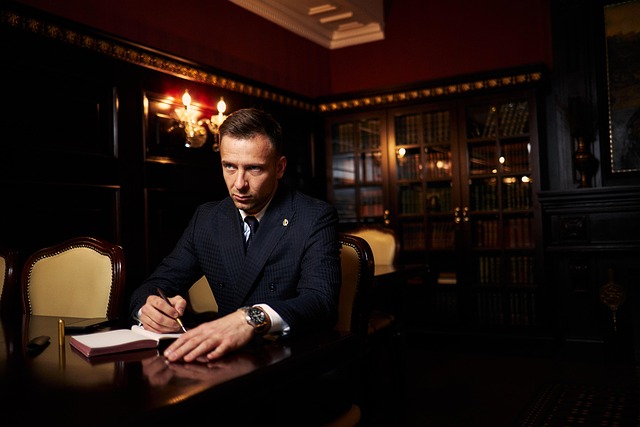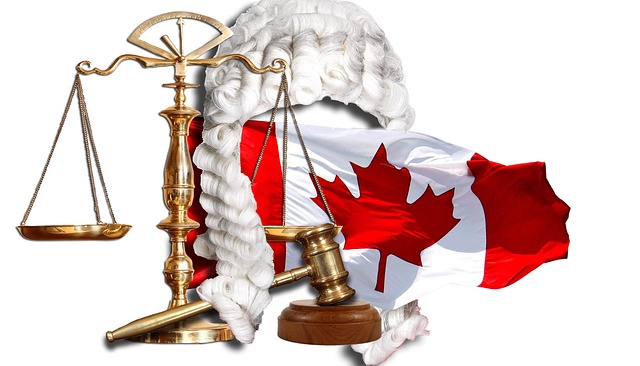Understanding and adhering to contracts is crucial in healthcare, where compliance experts craft clear agreements. Effective breach resolution involves structured processes like term analysis and alternative dispute methods, minimizing risks and fostering trust. Healthcare organizations use strategic dispute resolution, considering regulations, patient care, and past disputes to prevent recurring issues. Compliance experts guide investigations, avoid trials, ensure legal adherence, and develop robust risk management programs, protecting organizations from liabilities.
Healthcare compliance experts play a crucial role in navigating complex legal landscapes, especially when it comes to contractual obligations. This article delves into the critical aspects of understanding and managing healthcare contracts, offering valuable insights on dispute resolution strategies. We explore effective methods for resolving breach of contract cases, highlighting the expertise required to navigate these challenges. Learn how professionals can help organizations mitigate risks and ensure compliance, providing a comprehensive guide on ‘How to Resolve Breach of Contract Disputes’ in healthcare.
- Understanding Contractual Obligations in Healthcare
- Strategies for Effective Dispute Resolution
- The Role of Experts in Breach of Contract Cases
Understanding Contractual Obligations in Healthcare

In the healthcare sector, understanding contractual obligations is paramount for both providers and their corporate and individual clients. These agreements are the cornerstone of any business relationship, outlining rights, responsibilities, and potential penalties. Healthcare compliance experts play a crucial role in ensuring that these contracts are meticulously crafted, clearly understood, and consistently adhered to. They help navigate the complex legal landscape, minimizing risks associated with breaches that could impact not only financial standing but also patient care and public trust.
Breaches of contract disputes are not uncommon, especially given the intricate nature of healthcare services. When resolving such conflicts, a systematic approach is essential. The process involves careful analysis of the contractual terms, documentation of infractions, and often mediation or arbitration to reach a mutually agreeable solution. For philanthropic and political communities interested in maintaining ethical standards, understanding how to resolve breach of contract disputes effectively contributes to fostering trust and ensuring accountability in healthcare transactions, thereby curbing potential white collar and economic crimes.
Strategies for Effective Dispute Resolution

Effective dispute resolution is a cornerstone for healthcare compliance experts navigating complex scenarios, especially when dealing with breach of contract cases. The key lies in proactive communication and well-defined strategies tailored to each unique situation. By fostering open dialogue, both parties can identify root causes, enabling mutually beneficial solutions. This approach not only mitigates potential legal repercussions but also fosters trust and strengthens business relationships.
For healthcare organizations, a strategic dispute resolution process involves assessing contractual obligations, understanding industry regulations, and considering the impact on patient care. A successful strategy should aim to resolve issues swiftly, ensuring compliance with laws like HIPAA and CMS guidelines. Moreover, learning from past disputes can serve as a valuable asset, helping to refine processes and avoid recurring problems, particularly in the context of white-collar and economic crimes across the country, thereby minimizing the risk of indictment.
The Role of Experts in Breach of Contract Cases

In breach of contract cases, healthcare compliance experts play a pivotal role in navigating complex legal landscapes. Their expertise is crucial for resolving disputes between healthcare providers and patients or third parties, often avoiding lengthy jury trials. By employing these professionals, stakeholders can efficiently manage investigations, ensuring adherence to legal requirements and industry standards. Experts facilitate the collection and analysis of evidence at all stages of the investigative and enforcement process, providing insights that can significantly influence outcomes.
Moreover, their knowledge extends beyond legal intricacies into the ethical and regulatory frameworks governing healthcare. This allows them to offer strategic guidance on risk management, policy development, and compliance programs. In effect, healthcare compliance experts act as a shield, safeguarding organizations from potential liabilities and fostering trust within philanthropic and political communities that rely on quality healthcare services.
Healthcare compliance is a complex landscape, and understanding contractual obligations is key to avoiding disputes. By implementing effective strategies for dispute resolution, organizations can mitigate risks and ensure fair practices. The role of experts in breach of contract cases cannot be overstated; their insights and specialized knowledge are invaluable tools for navigating these intricate matters. Armed with the right resources, healthcare providers can resolve breaches efficiently, upholding both legal requirements and patient care standards. For a successful navigation of contractual obligations, consider seeking expert guidance when faced with disputes, ensuring a fair and compliant resolution every step of the way.






